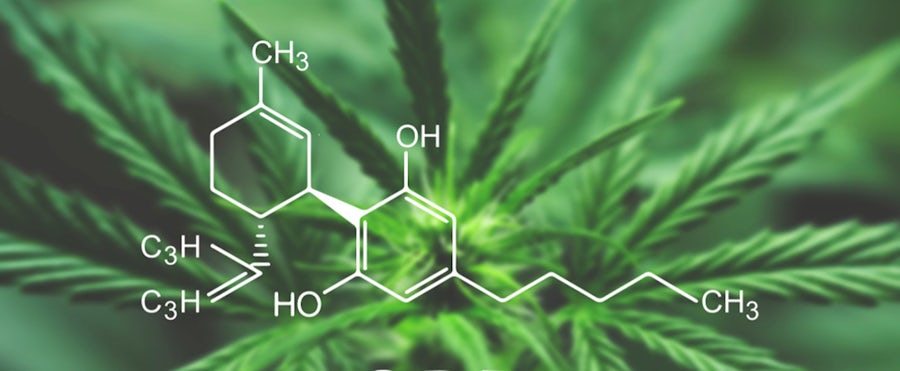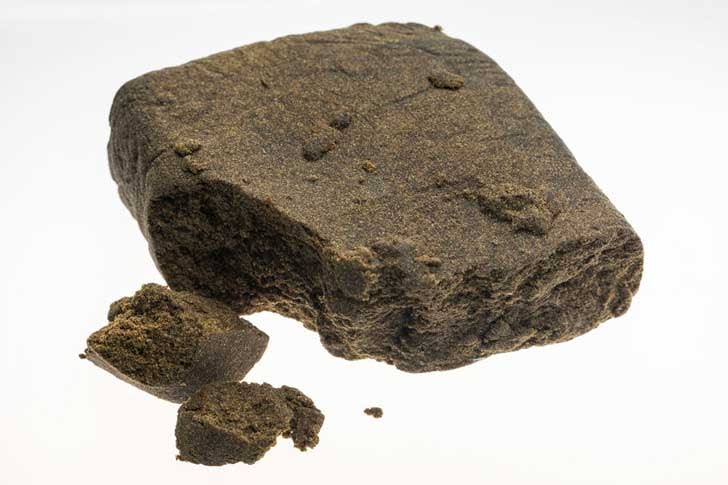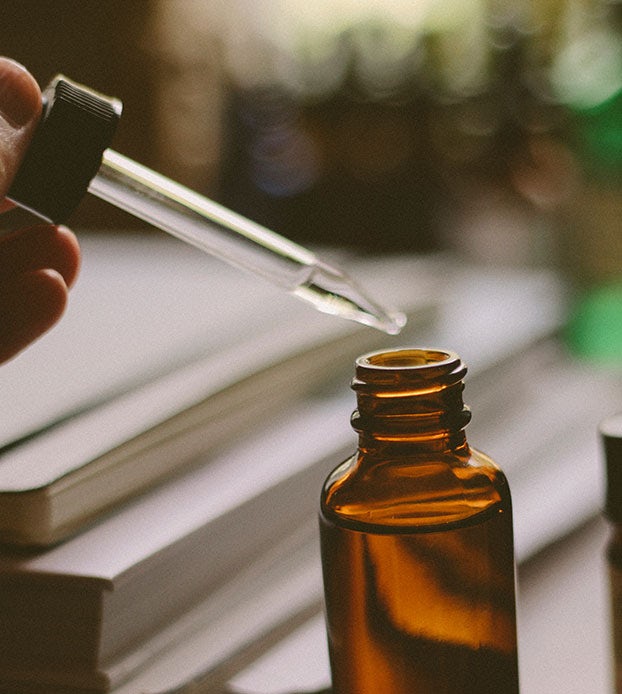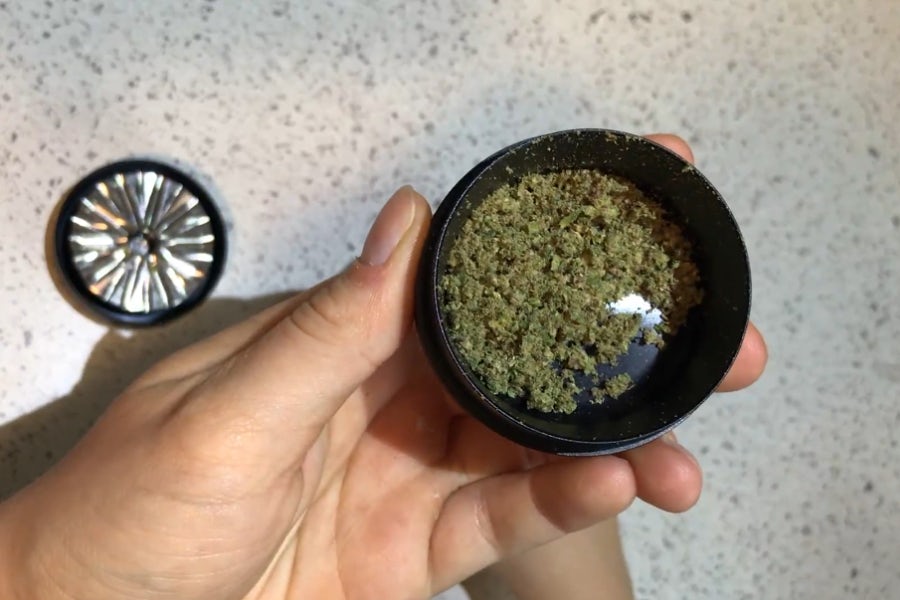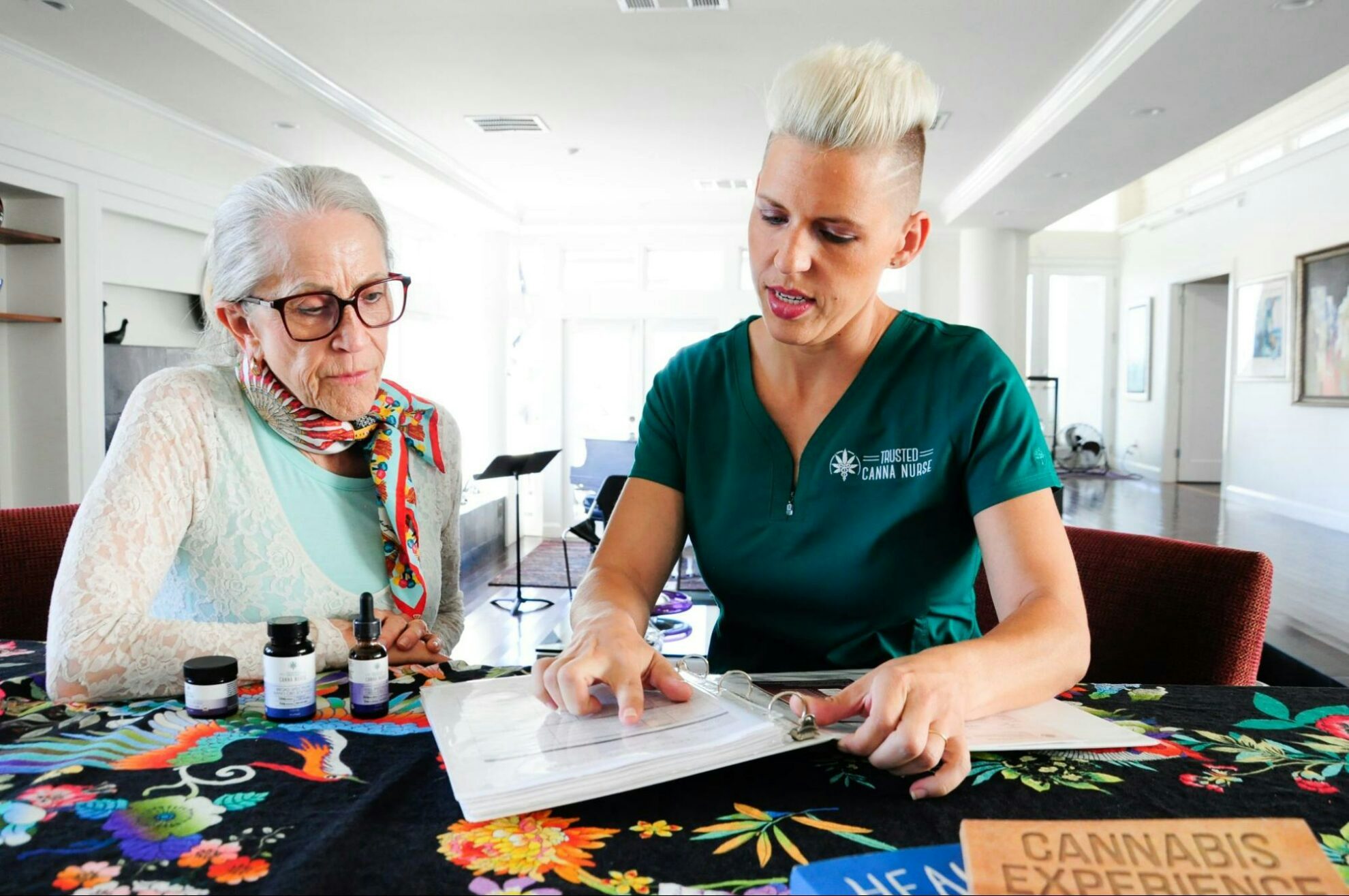CBD has quickly gained worldwide attention. Health-conscious consumers are embracing this non-psychoactive plant component for its significant health and wellness potential. While CBD is legal in some countries and illegal in others, the CBD industry is still largely unregulated. That leaves the doors wide open for companies to sell misrepresented, unverified products of questionable quality.
That’s why it’s essential to know how to protect yourself from purchasing products unlikely to meet your needs. Understanding the potential sources of CBD, knowing the significant differences between product types, and understanding the many ways you can use cannabidiol (CBD) will help you find the best product for your needs and your lifestyle.
A Brief Explanation of CBD
CBD is the abbreviation commonly used for the cannabinoid cannabidiol. Cannabinoids essentially function as neurotransmitters. Research shows that this plant-based cannabinoid has anxiolytic, analgesic, anti-inflammatory, antiemetic, antispasmodic, and antipsychotic properties because of the way cannabinoids interact with key receptors throughout your body – which makes up the endocannabinoid system.
When selecting a product that contains CBD, it’s important to understand that there are two equally valid sources, regular intoxicating cannabis strains, and hemp. Both types of plants can contain a significant amount of CBD, but the CBD to THC ratios can vary. The product most commonly known as CBD oil is actually a tincture made with cannabis extract and a carrier oil selected to improve the bioavailability of the cannabinoids. While the cannabis plants are similar in many respects, the plant extracts are quite different. Consider the following examples:
- Cannabis Extract
The oil extracted from regular cannabis plants contains CBD, but most commonly contains significantly more THC (tetrahydrocannabinol) than hemp extract. It’s THC that causes the type of intoxication that cannabis is known for. Some strains of marijuana contain little CBD. While the recreational cannabis use is prohibited in the most countries, medical prescription programs have been developed in many countries.
- Hemp Extract
The oil extracted from hemp contains CBD, but only trace amounts of THC, not nearly enough THC to cause intoxication. The parameters defining the legality of hemp-derived CBD varies by country.
Getting a Prescription for Cannabis-Derived CBD
In some countries one can obtain a prescription for cannabis-derived CBD, a doctor will assess if the use of Cannabis can help the patient and usually also the insurance company needs to agree to cover the treatment. If cannabis use is approved, cannabis-derived CBD can be purchased through a dispensary, however it is not available in all countries. Since cannabis-derived CBD products are used medicinally, the industry is quite regulated.
Selecting a Hemp-Derived Product
If you’ve spent any time researching the validity of CBD use, you have likely run into numerous reports of CBD companies selling products containing far less CBD than claimed. This happens more often than most customers realize.
Without regulatory standards, those products could also contain pesticides, heavy metals, solvents, mold, or other potentially toxic substances. The more you know about how your CBD products are made, the better your chances of locating high-quality products. Before purchasing, you should know the answers to the following four questions.
#1 – How are the crops grown?
Hemp is well-known for its ability to absorb contaminants from the soil. That means any fungicides, herbicides, and pesticides used to protect hemp crops could find their way into your CBD oil. To ensure your product is of the highest quality it’s important that hemp crops are grown using natural farming methods. Naturally-cultivated hemp is grown without the use of potentially harmful pesticides, in soil that has been tested for contamination before seeds are planted.
#2 – How is the oil extracted?
The stems, stalks, flowers, and leaves of cannabis plants contain a significant number of cannabinoids, plant flavonoids, and terpenes in addition to CBD. The highest concentrations of these plant elements are found in the flower. The cannabinoid-rich essential oils must be separated from the plant matter prior to creating most CBD products. Since CBD is a consumable product, a food-safe extraction method is essential. The two most commonly used methods of CBD extraction are CO2 and ethanol. While both extraction methods are considered safe, ethanol can leave residue in the final product. CO2 extraction is believed to be the superior option.
#3 – Can you verify product quality with test results?
Reputable CBD manufacturers test their products to ensure consistency, potency, and purity. Third-party testing by an unbiased facility ensures products are as potent as claimed and contaminant free. Since any company could claim their products are tested, it’s important to place your trust with vendors who provide access to third-party test results.
Most CBD companies emphasizing the importance of product testing place their third-party test results on their websites. You can use these test results to verify the CBD content, confirm the THC content (or THC-free status) and look for evidence of chemical, heavy metal, and microbial contamination prior to purchase.
#4 – Can you verify the source of your hemp oil?
There has been a lot of confusion surrounding the term “hemp oil.” To avoid purchasing a substandard product, it’s important to know that only trace amounts of CBD are found in the stalks and stems of the hemp plant. Far too many companies are marketing their hemp seed oil products in a way that unsuspecting consumers believe they are purchasing CBD oil. To protect yourself, it’s important to know that hemp seed oil does not contain CBD. If you cannot confirm the CBD content, select a different product.
Understanding the Cannabinoid Composition of Your CBD Products
If you have decided that a hemp-derived CBD product will best suit your needs, it’s important to know that there are three main types of hemp-derived CBD. During your investigations, you may have noticed terms like full-spectrum, broad-spectrum, and CBD isolates. Understanding the following similarities and differences could help you decide which cannabinoid composition is best for you:
- Full- Spectrum CBD
Full-spectrum CBD contains all the plant-based cannabinoids, terpenes, flavonoids, vitamins, and minerals found in the original plant source. That means full-spectrum hemp extract also has trace amounts of THC. Many people believe full-spectrum hemp oil provides the most therapeutic potential because of a lesser-known phenomenon known as the entourage effect. The entourage effect explains the ability of individual plant components to magnify and multiply the impact of the others.
- CBD-Isolate
Hemp-derived products made with CBD isolates are crafted from a purified form of hemp extract. After extraction and processing, all that remains is a white crystalline powder that is up to 99% pure cannabidiol, CBD. The THC and other plant compounds are removed. CBD isolate is odorless, flavorless, and ideal for making CBD infused candies, sauces, beverages, and baked goods. CBD isolate is also used to create THC-Free CBD tinctures.
- Broad-Spectrum CBD
Broad-spectrum CBD has many of the plant terpenes, additional cannabinoids, and flavonoids as full-spectrum CBD with one essential exception. Broad-spectrum CBD is THC-free. A process called chromatography is used to remove the THC from full-spectrum hemp oil while leaving many of the other potentially beneficial plant components intact. That makes broad-spectrum CBD a THC-free option for anyone interested in the benefits of the entourage effect.
Identifying the Best Product Type for Your Needs
You have likely noticed that CBD is being added to everything from bath bombs to candles as numerous industries scramble to add cannabis-infused products to their inventories. Some of these products could be potentially beneficial, but far too many contain too little CBD to be of any significant value.
People interested in CBD for its therapeutic potential are far less interested in novelty CBD items. Most are looking for a safe, reliable product that fits their needs and their lifestyle. To help determine the best CBD delivery method for your needs, consider the benefits of the following products:
- CBD Tinctures
CBD tinctures can be applied topically, added to foods, or swallowed. Many CBD users prefer using their tinctures sublingually. The sublingual delivery method improves the bioavailability of the cannabinoids compared to other ingestible delivery methods by allowing the cannabinoids to enter the bloodstream through the blood vessels under the tongue. To use a tincture sublingually, hold the oil under your tongue for 30-90 seconds before swallowing. With the sublingual method, fewer cannabinoids pass through the digestive system unutilized.
- Capsules and Edibles
Capsules, softgels, and edibles like CBD gummies are ideal for those looking for a convenient, premeasured dose of CBD without having to worry about shaking a bottle, counting drops, or fielding questions from curious onlookers. While more discreet than a tincture, it may take longer to notice the full effects of capsules and edibles, but the benefits can last 6-8 hours.
- Topical Application
CBD salves, creams, ointments, and transdermal patches may be ideal if you are looking for targeted benefits in a specific area of your body. In animal studies, the topical application of CBD is shown to provide relief from pain and inflammation caused by chronic health conditions like arthritis, tendonitis, neuropathy. The antispasmodic properties could soothe overworked muscles. By targeting endocannabinoid receptors in your skin, CBD is also showing significant skin-soothing potential for the pain, itch, and irritation caused by several chronic skin conditions, while protecting skin from free radical damage.
- Inhaling CBD Vapor
While hemp and regular cannabis can both be used in a dry herb vaporizer; many CBD enthusiasts prefer vaping. Vaping is considered the fastest method of CBD delivery because vaping bypasses the digestive processes and allows the cannabinoids to enter your bloodstream through the mucous membranes of your mouth and the blood supply to your lungs. The effects could be felt in less than 2 minutes. While the effects of CBD vape are faster than ingestible products, they don’t last as long.
The amount of CBD to use per dose will depend on your purpose for using the cannabinoid. A dosage that is right for someone else could be more or less than you need. That’s why it’s important to know the amount of CBD in the products you select. New CBD users should start with a small amount and gradually increase until they achieve their desired results. Finding your ideal dosage may take a bit of experimentation. While taking more CBD than you need is not dangerous, it can significantly increase the cost of regular use.
Finding Quality CBD
While many countries passed legislation allowing legal access to cannabis for medical use, the requirements to obtain a prescription are quite involved (Here for example: UK). Although doctors are free to prescribe cannabis-derived CBD tinctures, vape products, and edibles, these products can only be prescribed when a patient has a need that cannot be met through traditional medications. Once approved, orders for medical cannabis are commonly placed through a dispensary.
Hemp-derived CBD is legal in many European countries usually with the condition company selling the product is not making medical claims. Products must contain 0.2% THC or less in most countries. CBD can commonly be purchased in local CBD specialty shops, vape shops, select apothecaries, and some pharmacies. You also have the option of ordering CBD online.
Whether purchasing locally or online, your safest option is to purchase products from manufacturers who provide access to their third-party test results. You can use the test results to verify the CBD and THC content while checking for evidence of solvent residues, potentially toxic chemicals, and microbial contamination. As for the European market the labelling is still all over the place and substandard over-the-counter products are a bitter “pill” to swallow.
While CBD is considered a safe, natural product, cannabinoids can interact with several prescriptions and over-the-counter medications. If you have a health condition or take medication, consult your healthcare provider before purchasing CBD.
Sign up for bi-weekly updates, packed full of cannabis education, recipes, and tips. Your inbox will love it.

 Shop
Shop Support
Support